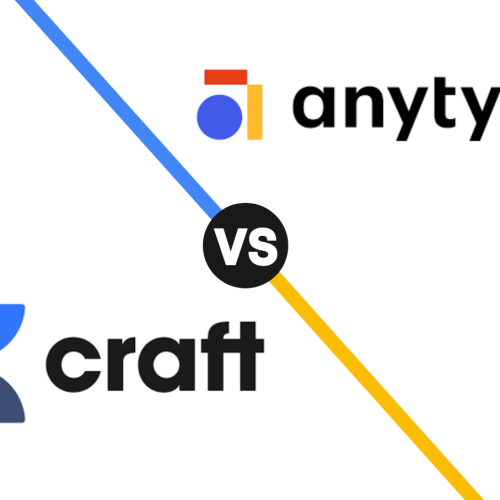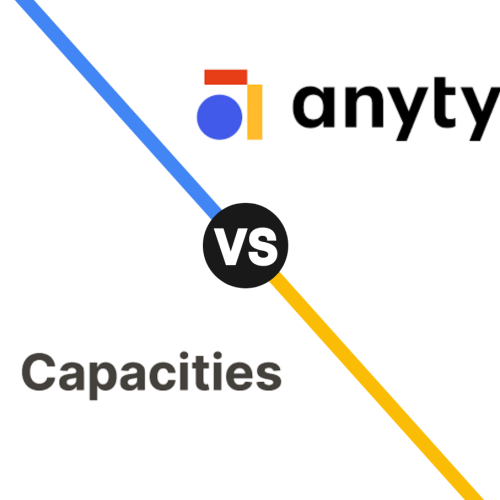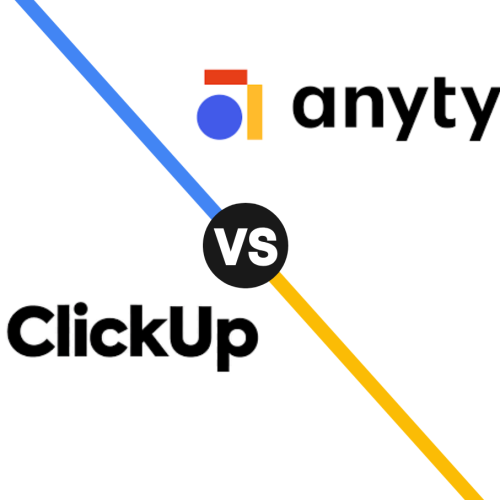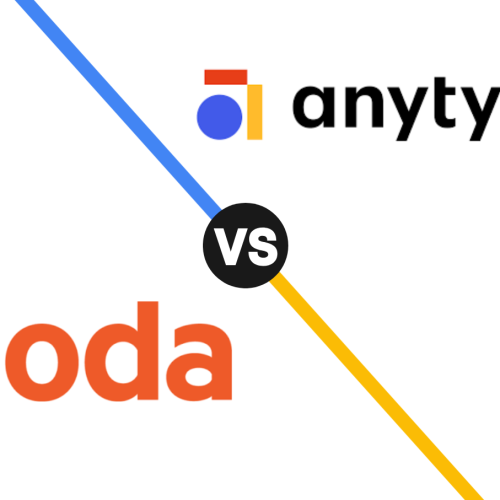Choosing the right business management software is a major decision for any company. Two of the most popular choices for Enterprise Resource Planning (ERP) are Sage vs NetSuite. Both solutions help businesses run more efficiently, but they serve different core functions and audiences.
This article will examine what each platform does best, who they are designed for, and their key differences in 2026. By understanding their unique strengths, you can make an informed decision and choose the best ERP solution to help your business grow and succeed.
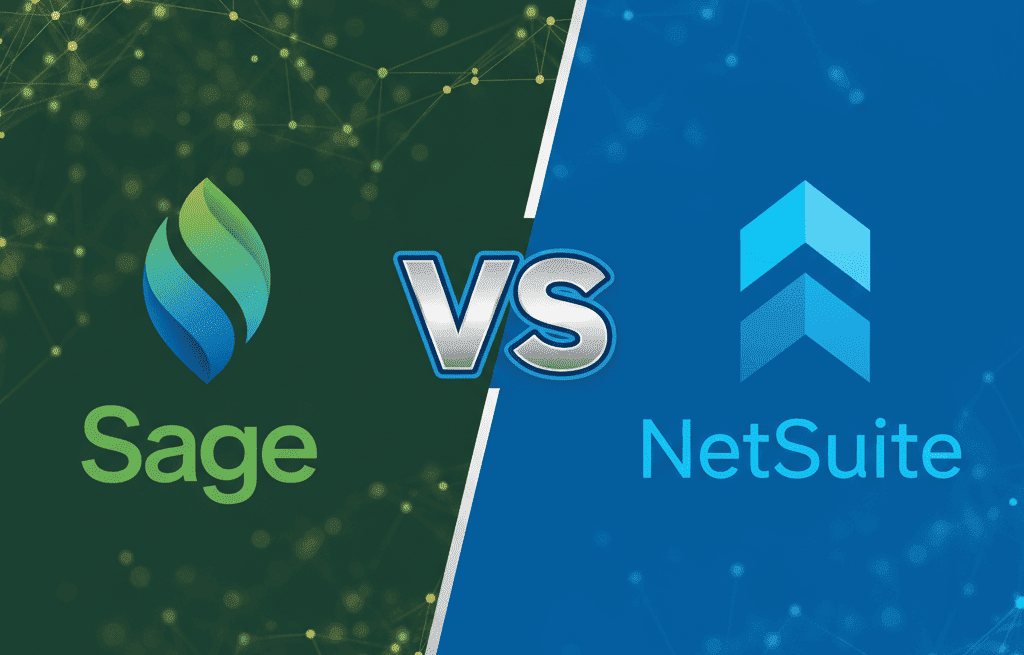
What is Sage ERP?
Sage offers a range of business software, but its flagship ERP solution for mid-sized companies is Sage Intacct. This platform is a best-in-class financial management tool built for accounting professionals. It’s known for its deep financial reporting and multi-entity consolidation features.
Sage’s strength lies in its powerful financial capabilities, making it a favorite for finance-driven businesses, especially those with complex ownership or multiple subsidiaries. It provides detailed, real-time visibility into financial health and automates intricate accounting tasks with a focus on ease of use.
What is NetSuite?
NetSuite, an Oracle company, is a comprehensive, all-in-one business management suite. It combines financial management, inventory, customer relationship management (CRM), and e-commerce into a single platform. It’s designed to provide a unified, real-time view of a company’s entire operations.
This platform is ideal for companies that need a single system to manage all their core business processes, from sales and customer service to supply chain and manufacturing. Its broad functionality and ability to handle various business functions make it a versatile solution for a wide range of industries.
Conclusion: Sage vs NetSuite
In conclusion, the choice between Sage and NetSuite depends on your business’s primary focus. Sage is a powerful, specialized financial management tool, excelling in areas like advanced reporting and multi-entity accounting. NetSuite, by contrast, is a broad, comprehensive ERP system that unifies all business functions. Sage is ideal if deep financial management is your top priority, while NetSuite is the better choice for an all-in-one platform to manage your entire operation.
FAQs
- What is the main difference between Sage and NetSuite?
Sage, specifically Sage Intacct, is primarily a financial management and accounting solution with deep functionality. NetSuite is a full-suite ERP that includes financial management, CRM, inventory, and more in one platform.
- Which ERP solution is better for a small business?
Both can be used by small and mid-sized businesses, but Sage is often considered a more accessible and affordable starting point, particularly for companies focused on financial management. NetSuite’s comprehensive nature can sometimes be too complex for a small business’s needs.
- Is Sage or NetSuite more expensive?
NetSuite typically has a higher total cost of ownership due to its extensive modules and longer implementation times. Sage Intacct can have a lower initial cost, but adding multiple third-party integrations can increase the price.
- Which one is easier to implement?
Sage Intacct is known for having a faster implementation process, often taking 3-6 months. NetSuite’s broad scope and extensive customization options can lead to longer implementation times, sometimes exceeding six months.
- Does one have better reporting features?
Sage Intacct is widely praised for its advanced, real-time financial reporting and multi-entity consolidation features, making it a favorite among CFOs and finance professionals. NetSuite has robust reporting, but some users find Sage’s financial reporting more flexible.
- Which is better for international business?
NetSuite, with its OneWorld module, is highly regarded for managing international operations with multiple currencies, languages, and tax requirements. Sage Intacct also handles multi-currency well but is primarily focused on the North American market.
- Can I use these solutions with other software?
Yes. Both platforms offer strong integration capabilities. Sage Intacct has seamless, native integrations with many popular applications like Salesforce, while NetSuite’s open API allows for extensive customization and connectivity to third-party apps.
- Which is better for manufacturing and e-commerce?
NetSuite is a stronger choice for manufacturing and e-commerce, as its platform includes native modules for supply chain, inventory, and order management. Sage focuses on finance and may require more third-party solutions to manage these areas.
- Do these solutions offer a free trial?
Neither Sage nor NetSuite typically offers a free trial. Instead, they provide a free demo or a consultation with a sales representative to show you how the software works and to provide a customized quote based on your specific needs.
- How often do these solutions get updated?
Sage Intacct provides four updates per year, focusing heavily on enhancing its financial and accounting features. NetSuite has two major updates annually, which often include improvements across its entire suite of products.


